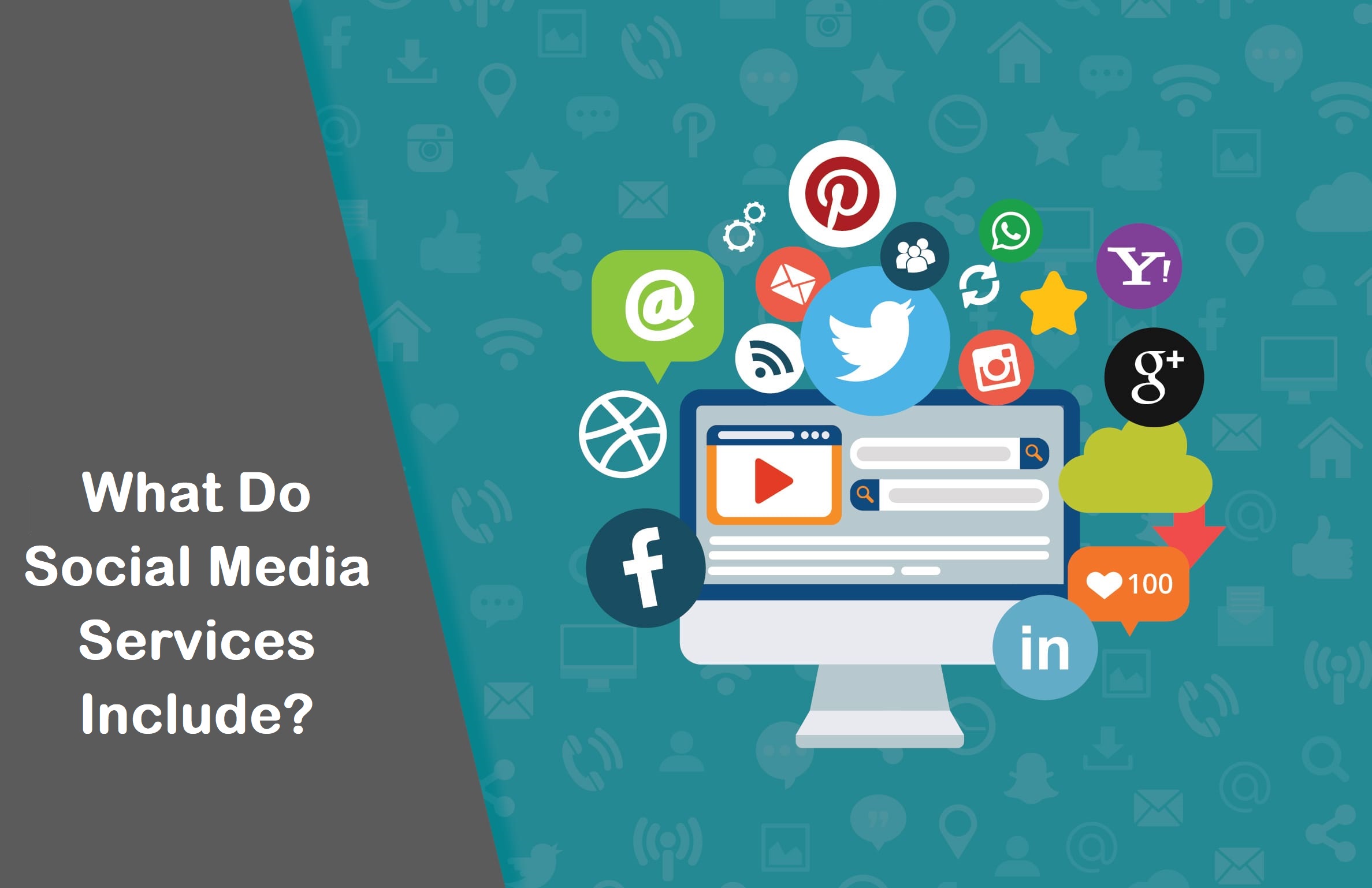In the past few years, the demand for social media services has surged intensely, reshaping the way individuals and businesses engage with online platforms and businesses. The presence of businesses online and digital marketing has not only expanded the user base of social media platforms but also has redefined the paradigm of these services. Moreover, it has also impacted the way these services are used in connecting people, influencing consumer behaviour, and driving business growth.
The increased demand for social media services has manifested in numerous forms. These include a growing need for content creation and engagement strategies to the utilization of social media as a powerful tool for e-commerce and influencer marketing. In present times, social media plays a vital role in shaping digital communication, marketing strategies, and even the way people shop and connect with brands, making it essential for businesses and individuals to use the power of social media services to their advantage and success.
What Do Social Media Services Include?
Social media services include a wide range of tools provided by several social online platforms that enable individuals and businesses to connect, share content, and interact with their audiences. Let us have a look at what these services and tools typically include:
- Profile Creation – Users can create personal or business profiles on the social media platform. These profiles often include details such as name, profile picture, bio, and contact information.
- Content Sharing – Users can post various types of content, such as text updates, photos, videos, links, and more, to their profiles or pages.
- Networking – Users can connect with other users by sending friends or follow requests. They can also build networks and connect with individuals or organizations of interest.
- News Feed – A central feature of most social media platforms that displays a curated list of posts from the user’s network or pages they follow.
- Engagement – Users can like, comment on, and share posts. These interactions help create engagement and foster discussions.
- Messaging – Many social media platforms offer private messaging features for one-on-one or group conversations.
- Notifications – Users receive alerts about new activity on their profiles, such as likes, comments, and friend requests.
- Privacy Settings – Users can control the visibility of their content, choose who can see their profile, and set other privacy preferences.
- Analytics – Businesses and content creators often have access to analytics tools that provide data on the performance of their posts and audience engagement.
- Advertising – Social media platforms offer advertising services, allowing businesses to create targeted ad campaigns to reach specific demographics.
- Live Streaming – Some platforms support live video streaming, enabling real-time interaction with followers.
- Groups and Communities – Users can join or create groups and communities based on shared interests, hobbies, or affiliations.
- Events – Users can create and share events with others.
- Marketplace – Some platforms have integrated marketplaces where users can buy and sell products and services.
- Trending Topics – Many social media platforms feature trending topics or hashtags to help users discover popular and relevant content.
- Content Discovery – Algorithms suggest content to users based on their interests and engagement history.
- Accessibility Features – Social media platforms strive to be inclusive by providing accessibility features for users with disabilities.
- Security Measures – Platforms implement measures to protect user accounts from hacking, impersonation, and other security threats.
- Content Moderation – To maintain community standards, social media services employ content moderation, which involves removing or flagging inappropriate or harmful content.
- Terms of Service and Policies – Users are required to adhere to platform-specific terms of service and community guidelines.
It’s important to note that the specific features and services offered may vary from one social media platform to another, and new features are frequently introduced as technology and user preferences evolve.
To take full advantage of the services and tools offered on various social media platforms, acquiring the services of a social media manager is vital who knows how to use these platforms to showcase brands, build an audience, create engagement, drive sales and so on. Let us have a quick glance at the role of a social media manager.
The Role of a Social Media Manager
A Social Media Manager plays a crucial role in a company’s or individual’s online presence and marketing strategy. Here are the key roles and responsibilities of a Social Media Manager:
Content Creation and Curation:
They are responsible for creating or curating content that is relevant, engaging, and aligned with the brand’s voice and goals. This includes text, images, videos, and other multimedia content.
Content Posting and Scheduling:
Social Media Managers plan and schedule content to be posted at optimal times to reach the target audience. They may use social media management tools to automate posting.
Audience Engagement:
They engage with the audience by responding to comments, messages, and mentions. This includes addressing customer inquiries and building a sense of community.
Social Media Strategy:
They develop and execute social media strategies that align with broader marketing and business goals. This involves setting objectives, identifying target audiences, and selecting appropriate social platforms.
Analytics and Reporting:
Social Media Managers use analytics tools to track the performance of social media campaigns and content. They analyze data to measure the success of campaigns and make data-driven decisions for improvement.
Community Building:
They work on growing and nurturing a community of followers and fans. This involves identifying and collaborating with influencers, as well as organizing and participating in online events and discussions.
Paid Advertising:
They may manage paid social media advertising campaigns, including budget allocation, ad creation, targeting, and monitoring ad performance.
Social Media Trends and Updates:
Staying up-to-date with the latest trends and updates on social media platforms is essential to ensure the brand’s presence remains relevant and effective.
Content Strategy:
Develop a content calendar and strategy to ensure a consistent posting schedule and maintain a cohesive brand image.
Crisis Management:
In the event of negative publicity or a social media crisis, Social Media Managers are often responsible for managing the situation, mitigating damage, and providing appropriate responses.
Collaboration and Communication:
They collaborate with other marketing and communication teams to ensure consistency across all channels and campaigns.
Legal and Compliance:
Ensuring that all content and activities comply with social media platform policies and legal regulations is vital to avoid issues.
Budget Management:
Managing the budget allocated to social media marketing efforts, including advertising spending and tool subscriptions.
Competitor Analysis:
Monitoring and analysing the social media activities of competitors to identify opportunities and threats.
Strategic Growth:
Identifying opportunities to expand the brand’s presence on new or emerging social media platforms.
Conclusion
To stay relevant, in business, visible, and profitable in these constantly evolving times, social media marketing is crucial. What is more vital is using the services of an efficient and effective social media manager to ensure that the efforts and resources allocated to social media marketing yields successful turnovers. So before you think of getting the job done yourself and save some bucks, hire a social media manager and take your success soaring through the roof!





